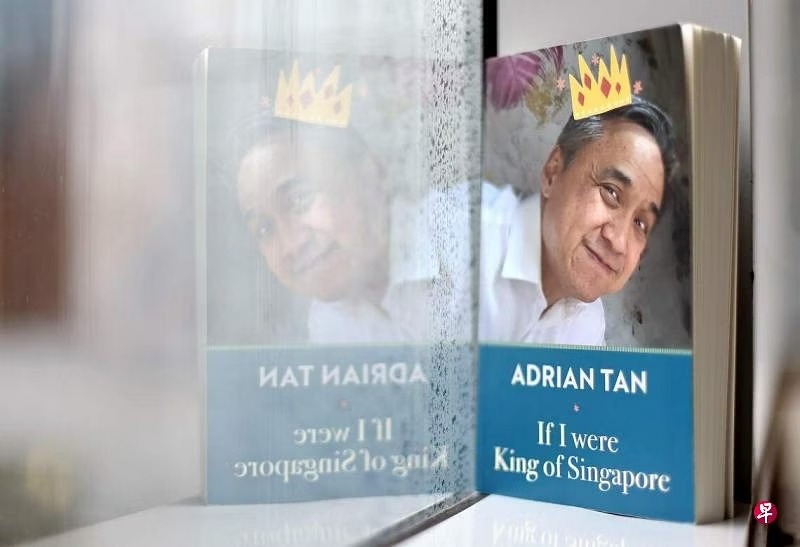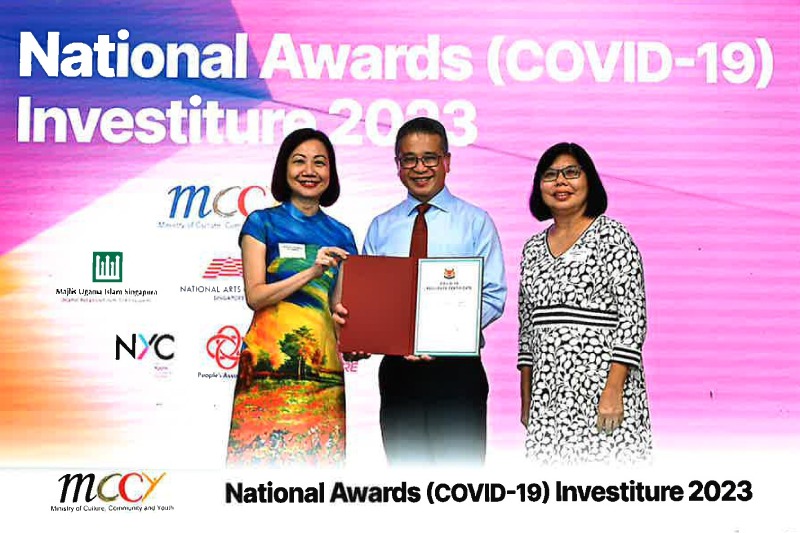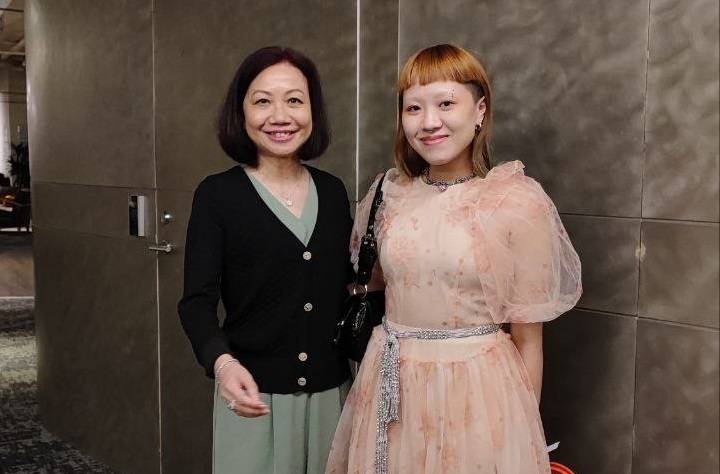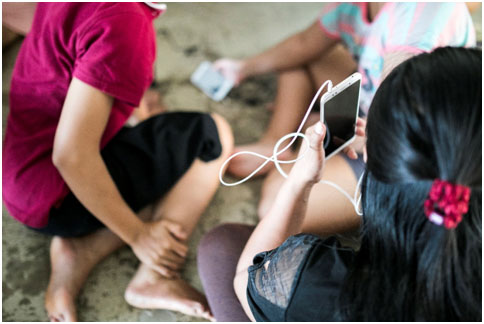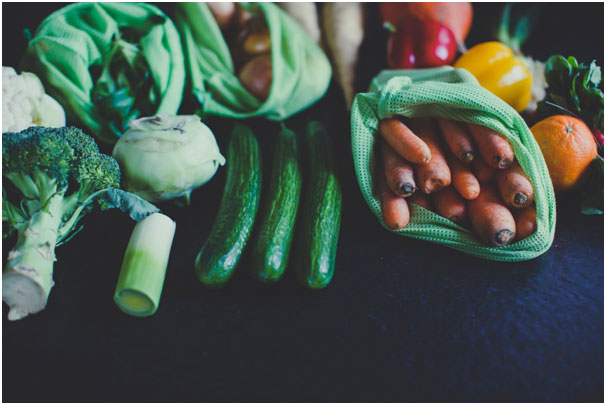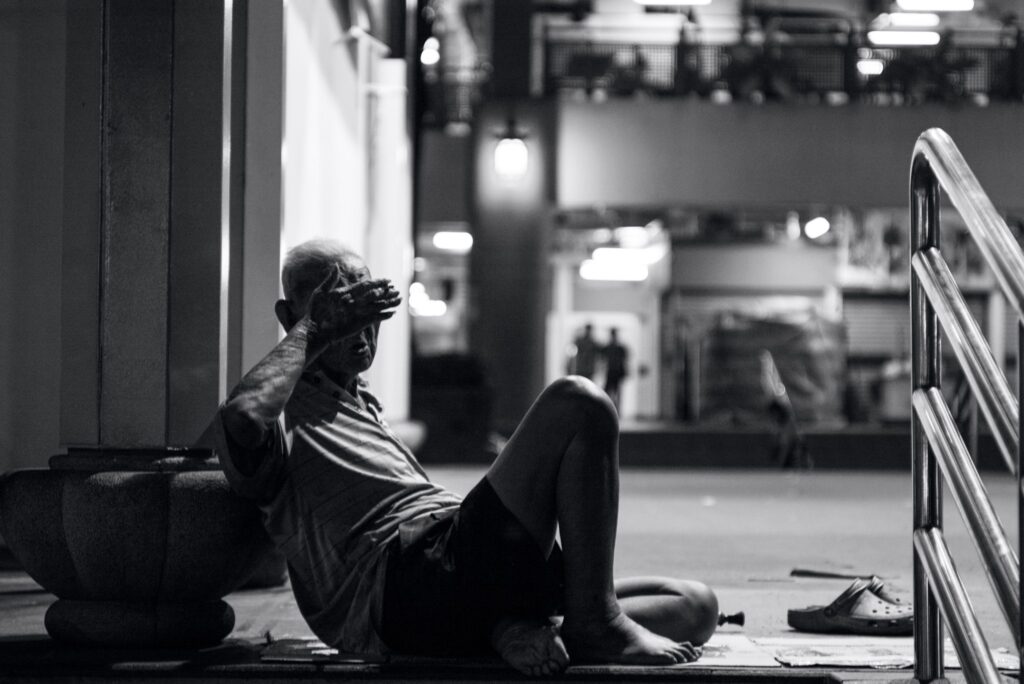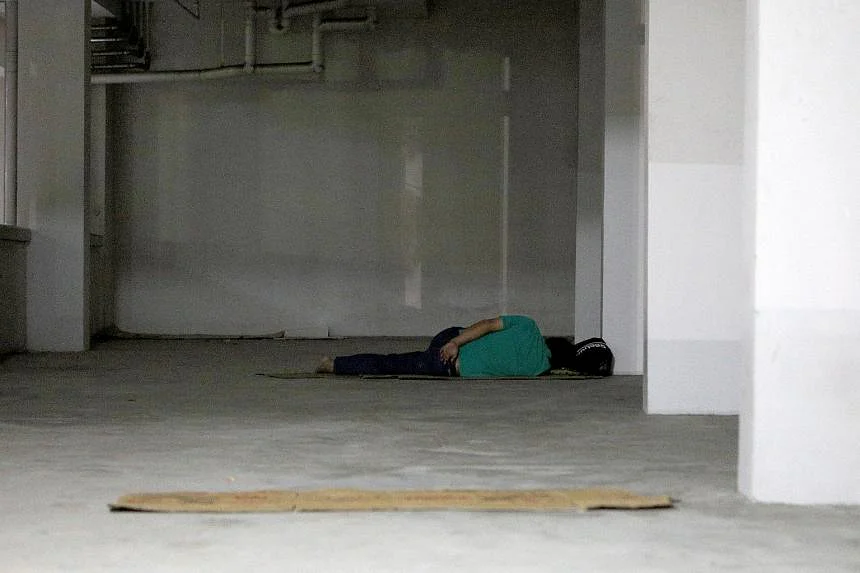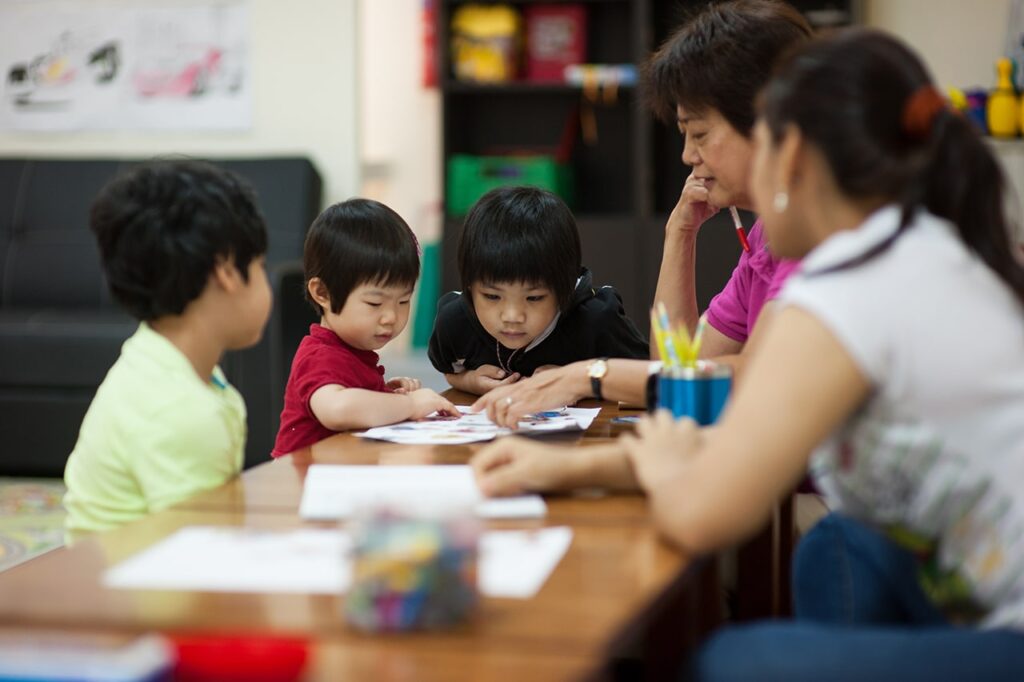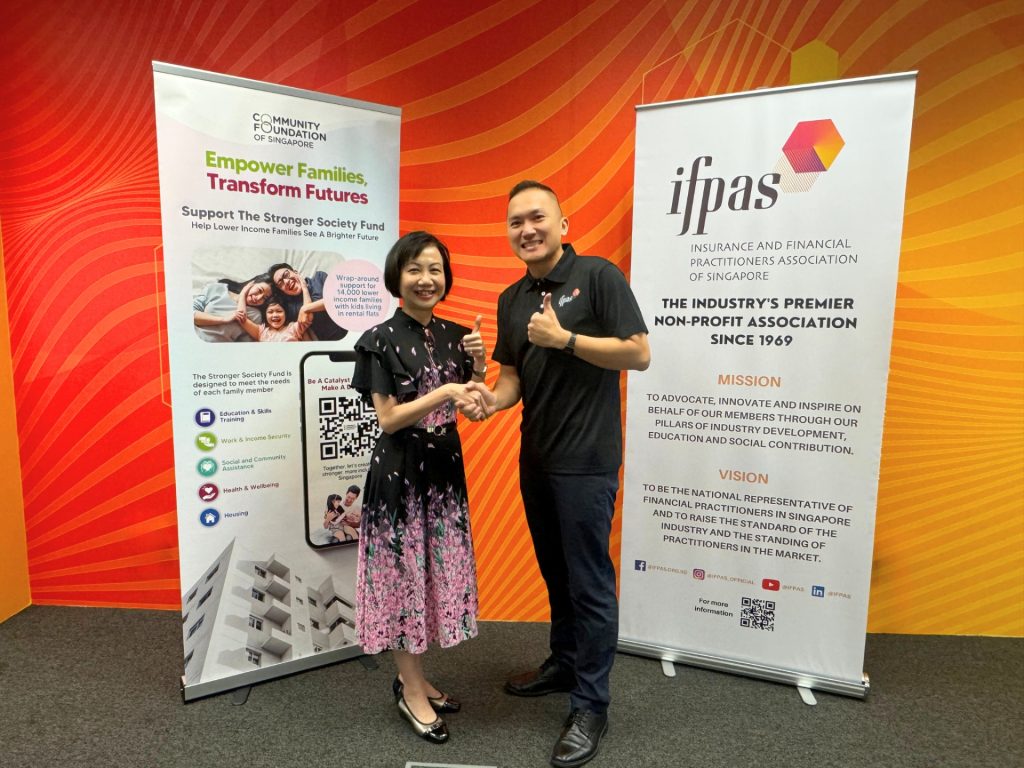
IFPAS Renews Partnership with CFS, Commits $200,000 to IFPAS Love Fund
In celebration of their 55th Anniversary, the Insurance and Financial Practitioners Association of Singapore (IFPAS) extended their commitment to the Community Foundation of Singapore (CFS) by pledging an additional $200,000 over the next five years to their donor-advised fund (DAF), named the ‘IFPAS Love Fund’.At the handshake ceremony between CFS and IFPAS, IFPAS President, Mr Ng Eng Beow, expressed his gratitude and vision for the partnership. He said, “Insurance is rooted in love. Love motivates us to protect ourselves and our loved ones. The IFPAS Love Fund was established seven years ago to channel our love to the wider community, and CFS has been our trusted partner in reaching out to those who need our help and support. We appreciate this collaboration, and we are excited for the future possibilities.”


